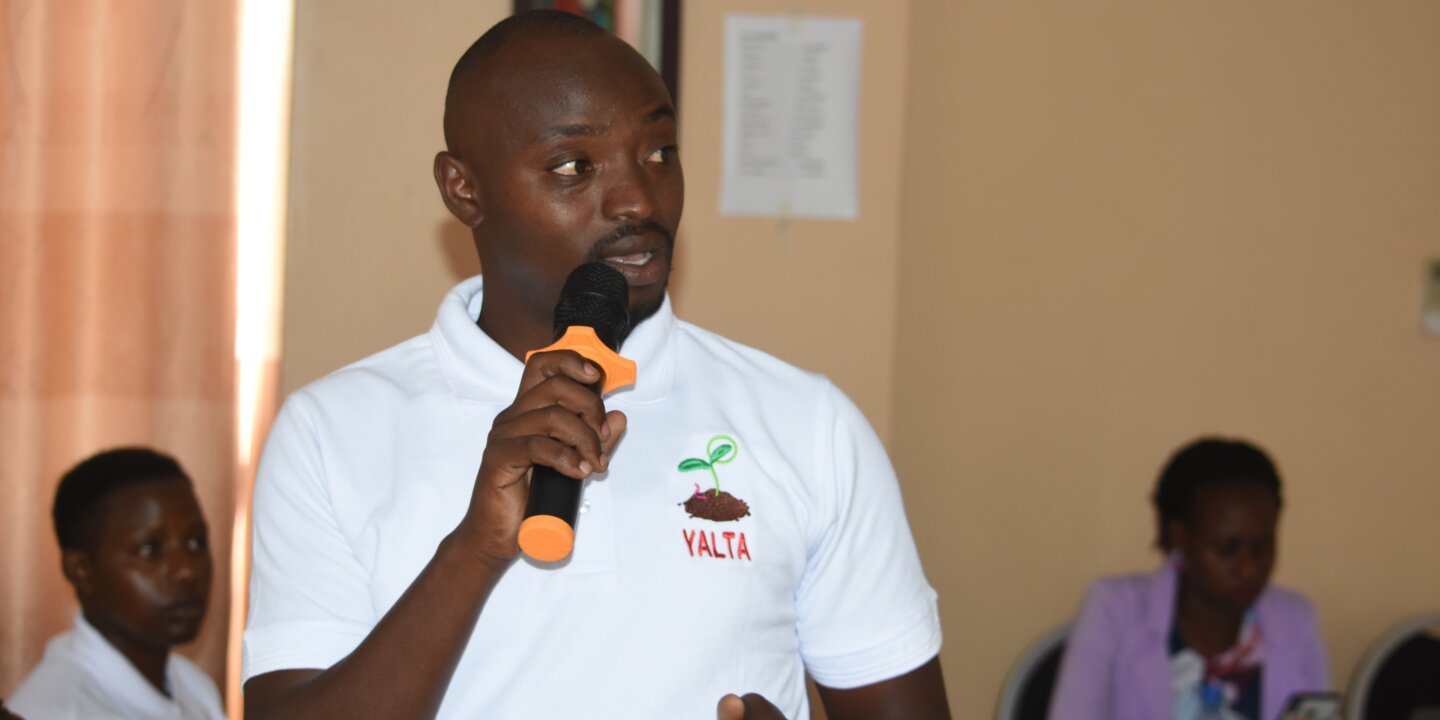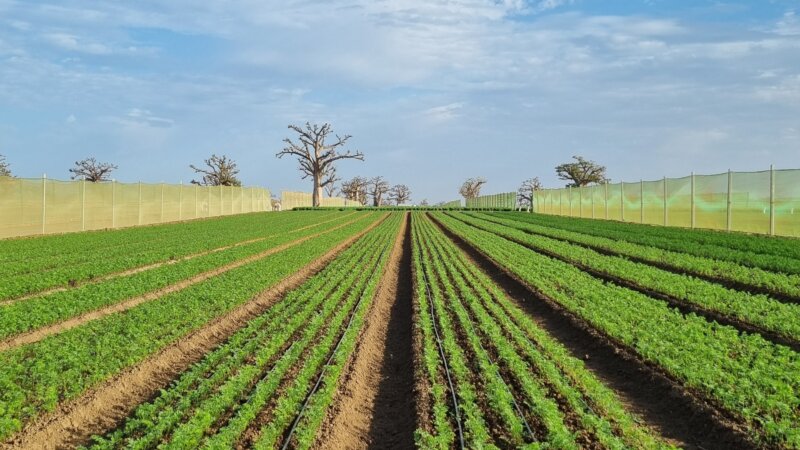Building confidence is key. 6 Lessons to ensure meaningful youth engagement

Meaningful youth engagement (MYE) is building young peoples confidence to address their aspirations and to engage in meaningful discussions around solutions to their challenges, explains Hellen Onyango, Youth and Livelihood Manager at VSO International, when summing up the breakout discussion of last weeks CoP Youth Agripreneurship learning event.
In this second learning and exchange session lead by youth inclusion and entrepreneurship experts from VSO International and 2SCALE, the CoP Youth Agripreneurship convened to learn how to engage with young entrepreneurs as long-term partners in value chain development and how to support young people’s capacity to participate effectively in creating resilient food systems. Both case presenters highlighted the need for more youth-led innovation and trust in youth’s potential, which can be built by strengthening youth leadership and peer-to-peer mentoring. For this, however, tailor-made capacity building is key.
CoP members and participants were encouraged thereafter to share their learnings in the context of their own agri-preneurship initiatives that embrace a MYE approach. This generated 6 lessons on how to build youth’s capacity and confidence:
- MYE requires young people in power to build pathways to sustain and support themselves and other youth. Therefore, it is critical to strengthen youth’s ability to become community leaders and advocates by building skills in areas of leadership, networking and advocacy.
- To strengthen youth’s confidence, give them a voice and provide opportunities to grow professionally. This can be done by widening young people’s networks through linkages with different stakeholder groups and training them to become mentors for other youth in areas like business development, agronomy and advocacy.
- Avoid duplication of efforts and targeting the same youth groups for different programmes by synthesizing the work of all relevant actors in the youth employment space in a particular context. For this, multi-stakeholder collaboration and better coordination at national and county level is crucial.
- Increase youth’s agency by addressing social barriers they face to effectively engage in programmes. For example, young female entrepreneurs face specific challenges related to cultural views, which affect their access to resources, such as land and funding. Therefore, develop tailored programmes that take elements of exclusion and vulnerabilities into account.
- Youth agripreneurship initiatives should take a long-term perspective on value chain development and partner with the private sector to develop sustainable VC models in which youth play a central role.
- Youth from marginalized communities are hesitant to venture into business due to their limited knowledge and understanding of possible roles and successful examples. Youth agripreneurship initiatives should promote youth community models to expose youth to successful young entrepreneurs.
We're curious to hear your thoughts. Do you have questions or insights about meaningful youth engagement that you would like to share, please leave a comment!
Authors

Joscha Betke
Knowledge Broker @ The Broker

Bente Meindertsma
Coalition Builder Netherlands Food Partnership




